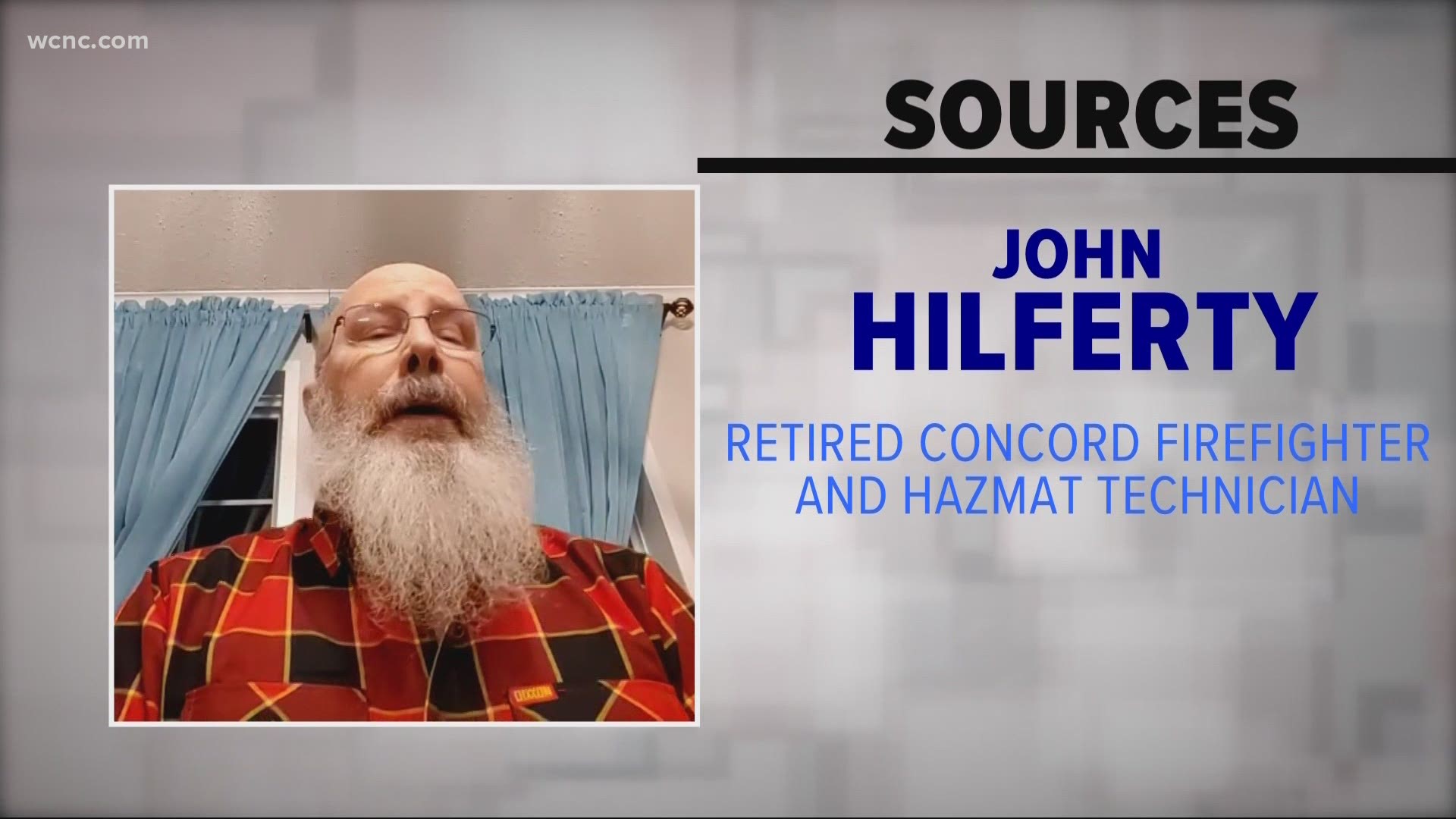Table Of Content

This service is usually free of charge and could prevent a devastating gas leak situation. Call your gas company or 911 for assistance if you suspect a gas leak. “Areas of distressed vegetation around piping, or areas that tend to have puddles with gas bubbles, are also an indication of a potential gas leak underground,” Veazey says. If you just got back from a long trip, you may notice the smell of gas. That’s because the water in your pipes helps keep sewer vapors from getting into your home. Unfortunately, preventing bacteria from getting into your heating system can be hard.
What to do if you suspect a gas leak
If you hear these unusual sounds while the oven is on, Sinclair says it indicates that there’s a loose or broken piece somewhere. “You never want anything to be wrong with any component of an appliance that deals with gas because of the high flammability of gas," he explains. Here's what might be happening if you detect a gas smell in your house. Ask your family or roommates if they just used bleach to clean. If so, there’s a possibility that’s what you’re smelling, so you may need to be patient while the smell goes away. Of course, if something nasty is in that pile of trash, the smell can get into your apartment.
What To Do If You Smell Gas In Your House or Apartment
The areas around gas-burning appliances and gas equipment should be kept unobstructed. This is to prevent natural gas from building up in these areas. Exposure to CO can be fatal and requires emergency medical treatment. According to the Centers for Disease Control and Prevention (CDC), 5,149 people died from unintentional carbon monoxide poisoning in the U.S. between 1999 and 2010.
Smelling Gas in Your Home? How to Take Action, Prevent Future Issues and Stay Safe

At Fire & Ice, we’ve helped numerous customers who have had this issue inside their homes and can answer any questions you might have. Observe your symptoms as you leave the house or move between rooms. If you notice that headaches reappear after you return home, you are likely dealing with a gas leak or another type of air contaminant. As you breathe in less oxygen, you may start to develop symptoms.
Dog detects underground gas leak at home, alerts owner - The Washington Post
Dog detects underground gas leak at home, alerts owner.
Posted: Sat, 20 Jan 2024 08:00:00 GMT [source]
As the oxygen percentage drops, you might experience physical symptoms of exposure to gas, including nausea, headaches, and trouble breathing. Many steps can be taken to prevent gas leaks and their complications, including scheduling yearly inspections and installing carbon monoxide detectors. Often, when the leak is small, it might take some time for you to notice any of the signs of a natural gas leak. In addition, gas leaks can release harmful gases into the environment, adding to air pollution and climate change problems. “Methane, a potent greenhouse gas, is often released during natural gas leaks and has a much higher heat-trapping capacity than carbon dioxide (CO2),” Sinclair explains.
How to check for gas leaks in your house
It’s also smart to know how to shut off natural gas in your home, according to Constellation Energy. Cutting off the supply prevents additional gas from escaping. To avoid a dangerous situation in your home, learn how to detect a gas leak and what actions to take.
How to prevent gas leaks
If you notice any symptoms worsening as you move around the house, you might be dealing with a gas leak or another type of air contaminant. James Williams from TechPenny.com says smart TVs are starting to get more apps from Apple’s App Store, including smart home apps such as SmartThings. It lets you connect your TV to everything from light bulbs to speakers.
What to Do if You Suspect a Natural Gas Leak
One often not considered source of a “gas-like” smell that can come from your home is bacteria inside of your sink or sewer system. It has a similar smell to the sulfur that is added to gas to give it an odor but is obviously less dangerous. If this is happening in your home, clean your sink with vinegar and baking soda. Noticeable cracks upon inspection, worn areas, strange smells, or water collecting around the furnace can all be signs of a cracked heat exchanger. If you have any of these, turn off your furnace and call a technician to prevent CO and gas from leaking into your home. Carbon monoxide is incredibly dangerous to your health, so you should try to stick around for too long.
Sewer gas is a generic term for the noxious mix of chemicals that are the by-product of decaying waste. Not all sewer gas problems are severe and need a repair expert; some are easily solved. Here are the next steps to finding the source of the smell, fixing it, and the preventive measures for keeping odors away. It is essential that people are educated about natural gas safety and are aware of the signs of gas leaks and carbon monoxide poisoning. With correct installation and use, natural gas is safe and convenient.
Remember that sulfur can cause a similar smell to carbon monoxide. If you don’t have a gas leak in your home, then sulfur from bacteria in sewage lines could be the cause of the pungent odor. Another possibility is a gas leak at a neighbor’s home or a city line that’s burst around your house. Proper ventilation and evacuation are key to your well-being. Even if you’ve checked all of the possible sources, you’re still not safe to relax and forget about it.
This precautionary measure indicates the inherent hazards of natural gas that can, at the right levels, kill you. Inhaling high concentrations can also lead to asphyxia (when the body is deprived of oxygen) and possibly death. If possible, open all the doors and windows to ventilate the area. Then, turn off all appliances and any other potential sources of ignition. Finally, call your gas company or 911 immediately and they will help find the source of the leak. Once everyone has vacated the building and is safely away from the area, the American Gas Association says to call 911 and/or your natural gas utility to report the smell.
Most companies do not offer this as it requires an additional $500 meter in order to complete. Sulfur isn’t nearly as harmful as carbon monoxide, but it can cause numerous annoyances. For example, breathing or ingesting sulfur can cause diarrhea, irritation in the throat and eyes, and excessive coughing from lung itchiness.
When you have good ventilation, you may be unable to smell a gas leak from your neighbor’s place. However, you may have poor ventilation if the smell enters your unit. If you live above a commercial property, speak with the owner to find out where the meter is kept.
However, propane is a flammable gas, so even a small spark can cause it to ignite, leading to property damage or worse. A propane smell, either in the home or outside, is something to be taken very seriously. Therefore, you need to be aware of how to safely use propane. Smoke detectors and carbon monoxide detectors are important security measures to have in your home, but these devices are ineffective for detecting a natural gas leak.

No comments:
Post a Comment